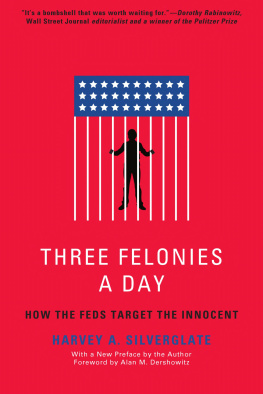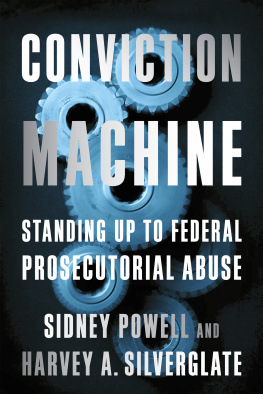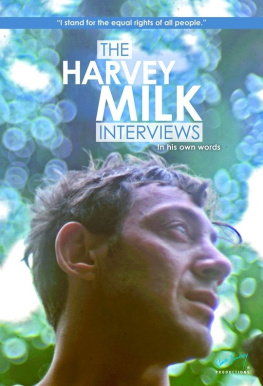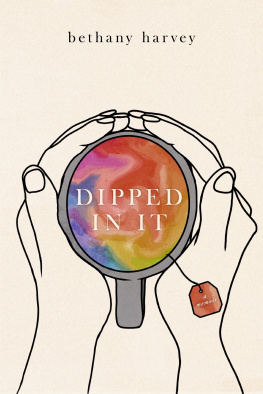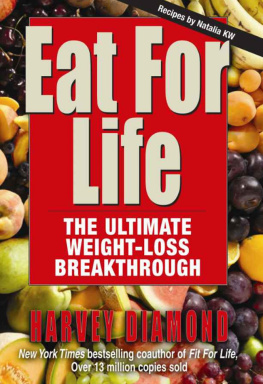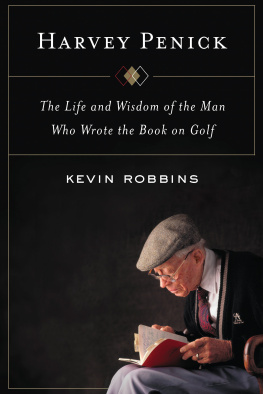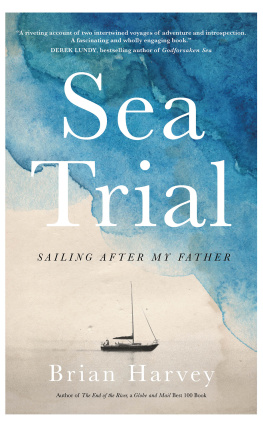Harvey Silverglate - Three Felonies a Day: How the Feds Target the Innocent
Here you can read online Harvey Silverglate - Three Felonies a Day: How the Feds Target the Innocent full text of the book (entire story) in english for free. Download pdf and epub, get meaning, cover and reviews about this ebook. year: 2011, publisher: Encounter Books, genre: Politics. Description of the work, (preface) as well as reviews are available. Best literature library LitArk.com created for fans of good reading and offers a wide selection of genres:
Romance novel
Science fiction
Adventure
Detective
Science
History
Home and family
Prose
Art
Politics
Computer
Non-fiction
Religion
Business
Children
Humor
Choose a favorite category and find really read worthwhile books. Enjoy immersion in the world of imagination, feel the emotions of the characters or learn something new for yourself, make an fascinating discovery.
- Book:Three Felonies a Day: How the Feds Target the Innocent
- Author:
- Publisher:Encounter Books
- Genre:
- Year:2011
- Rating:5 / 5
- Favourites:Add to favourites
- Your mark:
- 100
- 1
- 2
- 3
- 4
- 5
Three Felonies a Day: How the Feds Target the Innocent: summary, description and annotation
We offer to read an annotation, description, summary or preface (depends on what the author of the book "Three Felonies a Day: How the Feds Target the Innocent" wrote himself). If you haven't found the necessary information about the book — write in the comments, we will try to find it.
Three Felonies a Day: How the Feds Target the Innocent — read online for free the complete book (whole text) full work
Below is the text of the book, divided by pages. System saving the place of the last page read, allows you to conveniently read the book "Three Felonies a Day: How the Feds Target the Innocent" online for free, without having to search again every time where you left off. Put a bookmark, and you can go to the page where you finished reading at any time.
Font size:
Interval:
Bookmark:
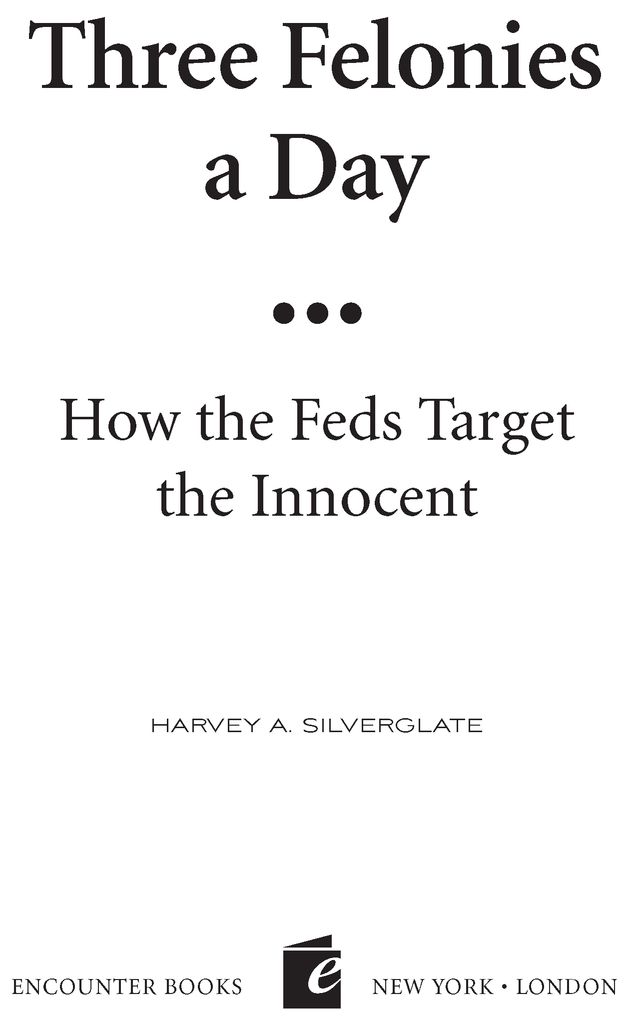
Newsweek contributing editor
a winner of the Pulitzer Prize
Academy Award for The Fog of War, producer and director
of the legendary documentary The Thin Blue Line
University, and author of The Stuff of Thought
under President Reagan, and chairman of the American
Freedom Agenda
Political Science, University of Southern California
Bar Association
District Court
Isaac Dorfman Silverglate, who have lived with
the often inconvenient consequences of my obsession
with liberty during decades of a tumultuous career
that continues unabated, and who have added
enormously to my insights;
the criminal law and civil liberties when we arrived at
Harvard Law School in 1964 (he as professor and
I as student), and who has continued to nurture and
support that interest over the decades;
obligation to write, in non-legalese English, about the
lessons learned and still being learned from that career,
and who pushed me relentlessly to complete this book.
Font size:
Interval:
Bookmark:
Similar books «Three Felonies a Day: How the Feds Target the Innocent»
Look at similar books to Three Felonies a Day: How the Feds Target the Innocent. We have selected literature similar in name and meaning in the hope of providing readers with more options to find new, interesting, not yet read works.
Discussion, reviews of the book Three Felonies a Day: How the Feds Target the Innocent and just readers' own opinions. Leave your comments, write what you think about the work, its meaning or the main characters. Specify what exactly you liked and what you didn't like, and why you think so.

